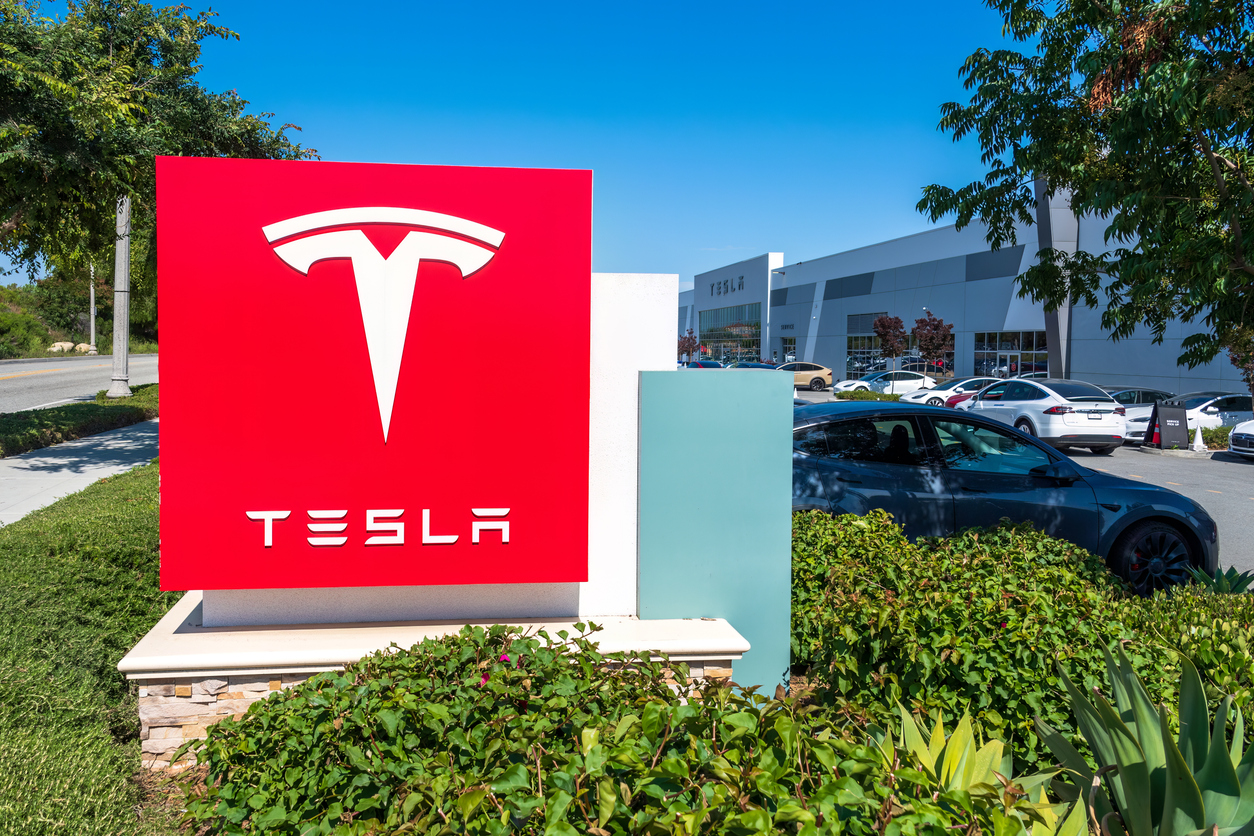
Tesla is being sued by the family of Genesis Giovanni Mendoza-Martinez, a driver who died in a 2023 collision involving a Model S sedan in Walnut Creek, California. The lawsuit alleges that Tesla’s “fraudulent misrepresentation” of its Autopilot technology played a role in the crash. The victim’s brother, Caleb Mendoza, who was also a passenger, sustained severe injuries in the incident.
Originally filed in October in Contra Costa County, the lawsuit was recently moved to federal court in California’s Northern District. Federal courts typically impose stricter requirements for proving fraud claims. The crash occurred when the 2021 Model S collided with a parked fire truck while Autopilot, Tesla’s partially automated driving system, was engaged.
Allegations of Misleading Claims
The Mendoza family’s attorneys accuse Tesla and its CEO Elon Musk of overstating Autopilot’s capabilities to boost sales and enhance the company’s financial standing. They cited tweets, blog posts, and public statements as evidence of exaggeration or false claims. Tesla, however, has denied responsibility, arguing that the driver’s actions were the primary cause of the crash. In court filings, Tesla maintained that its vehicles and systems meet state and federal safety standards.
Broader Implications and Regulatory Scrutiny
The National Highway Traffic Safety Administration (NHTSA) has been investigating Tesla’s Autopilot since 2021, following incidents involving stationary emergency vehicles. Changes to Tesla’s systems, including over-the-air updates, were implemented during the investigation. However, a second probe is underway to assess the effectiveness of Tesla’s recall remedies for Autopilot behavior in similar scenarios.
NHTSA has also raised concerns about Tesla’s social media posts, cautioning that they could mislead drivers into overestimating the system’s capabilities. Separately, the California Department of Motor Vehicles has filed a false advertising lawsuit against Tesla over its Autopilot and Full Self-Driving (FSD) claims.
A Pattern of Legal Challenges
The Mendoza-Martinez case is one of at least 15 active lawsuits involving Tesla crashes linked to Autopilot or FSD. Three of these cases, including the current one, have been moved to federal court. While Autopilot is included as a standard feature in Tesla vehicles, FSD requires an additional payment or subscription. Despite the premium cost, critics argue that Tesla has yet to deliver on promises of fully autonomous driving, a vision Musk has promoted since 2014.
Competitive Landscape
Tesla’s challenges come as competitors like Alphabet’s Waymo and Chinese companies WeRide and Pony.ai operate commercial robotaxi services. While Tesla continues to market FSD, including a recent version rollout, it lags behind in deploying functional autonomous fleets. Over the weekend, Musk encouraged Tesla owners to demonstrate the technology, describing it as “magic” to his vast audience on X (formerly Twitter).
The case against Tesla underscores growing scrutiny over the safety and marketing of advanced driver-assistance systems, raising questions about the responsibility automakers bear in shaping public perceptions of autonomy.
Featured image courtesy of Barchart.com
Follow us for more tech news updates.
